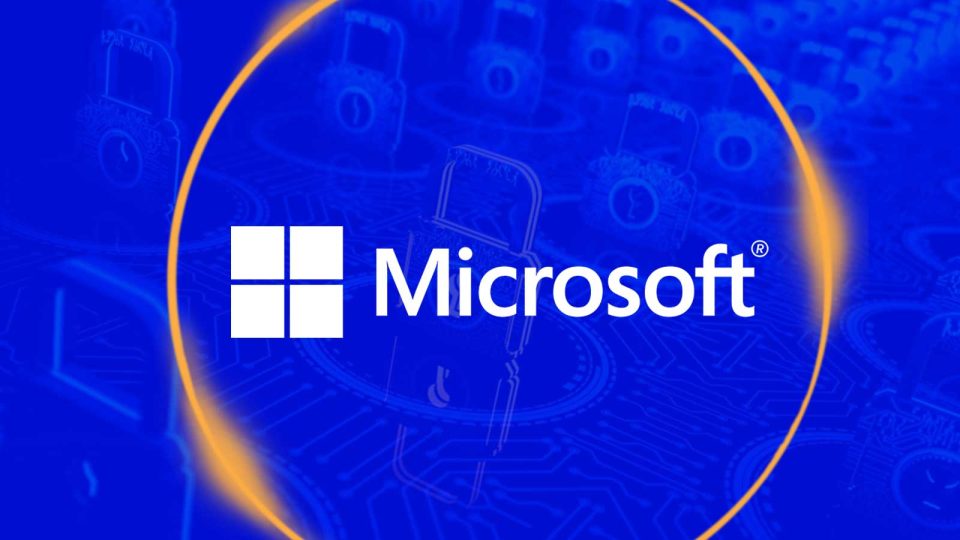Microsoft’s Copilot for Security represents a new frontier in defending organizations against evolving cyber threats. Unlike traditional security measures, this innovative tool doesn’t aim to replace human expertise but rather to enhance it. By leveraging AI and human skills, Copilot for Security offers a unique advantage in identifying and addressing vulnerabilities.
Grounded in Microsoft’s commitment to responsible AI, Copilot for Security is built with comprehensive security, privacy, and compliance considerations. It combines the cutting-edge GPT4 model from OpenAI with Microsoft’s AI orchestration, integrating global threat intelligence capabilities and a range of security products into a single platform.
Empowering Organizations with Flexible Security Solutions
Microsoft’s Copilot for Security offers organizations flexibility in its deployment, presenting two distinct experiences: standalone or integrated within existing security frameworks. Introducing a pay-as-you-go licensing model, Microsoft ensures accessibility to various organizations, allowing them to scale usage and costs according to their needs and budgetary constraints.
With a consumption-based pricing model, users can swiftly initiate security measures and adjust them to meet evolving requirements. Available for purchase starting April 1, 2024, this approach democratizes access to advanced security solutions.
To commence, organizations not currently utilizing Microsoft Azure can easily subscribe to the platform. While no licensing prerequisites are mandatory, Microsoft recommends MDE P2 or Microsoft Sentinel for optimal product performance.
Copilot for Security furnishes users with real-time insights into their security landscape, facilitating ongoing evaluation and fortification against potential threats. Users can swiftly detect, analyze, and counteract security breaches with unparalleled efficiency through its intuitive, natural language-based interface.
This latest offering equips security analysts and IT professionals with a potent toolset to combat increasingly sophisticated cyber threats, intricate toolsets, and workforce skill shortages.
Partnering for Enhanced Security Solutions
Partnerships are integral to enhancing customer experience across diverse business domains. Microsoft’s Copilot for Security fosters collaborative efforts with partners to fortify cybersecurity postures. Here’s how partners contribute:
-
Augmenting Human Capabilities:
- Facilitating in-depth analysis to identify vulnerabilities effectively.
- Simplifying the conversion of natural language queries to KQL, reducing the learning curve for security professionals.
- Providing insightful responses, minimizing the need for extensive training.
-
Improving Operational Efficiency:
- Accelerating assessment response times, ensuring rapid threat detection and mitigation.
- Delivering concise summaries, enabling swift decision-making processes.
- Automating repetitive tasks, freeing up valuable time for strategic security initiatives.
-
Enabling Scalability and Optimization:
- Assisting in scaling security operations to accommodate organizational growth.
- Optimizing team structures for enhanced collaboration and agility.
- Promoting quick response mechanisms to swiftly address emerging threats.
-
Enhancing Managed Security Services:
- Utilizing specialized SOC expertise to bolster defense mechanisms.
- Implementing scenario-driven processes for proactive threat management.
- Establishing cohesive and adaptable security teams to navigate evolving challenges.
-
Leveraging Partner Expertise with AI-powered Solutions:
- Adopting the combined strength of partner expertise and Microsoft’s AI-driven security solutions.
- Maximizing customer outcomes through strategic alignment and collaboration.
-
Expanding Professional Services and Advisory Roles:
- Offering deployment assistance for advanced security solutions such as ME5 and Sentinel.
- Providing strategic guidance on data security, governance, and RBAC policies.
- Conducting customer training sessions to enhance security readiness.
-
Community Engagement and Collaboration:
- Establishing an active Copilot for Security community, facilitating knowledge sharing and networking opportunities.
- Engaging with over 1,000 participants through newsletters, webinars, and collaborative forums.
- Soliciting feedback and insights from partners to refine Copilot for Security capabilities.
-
Continuous Improvement and Development:
- Actively participating in product testing, validating new scenarios, and assessing APIs for extensibility.
- Collaborating with Microsoft to enhance Copilot for Security’s functionality and effectiveness.
- Contributing to the evolution of security solutions to address emerging threats and challenges.


